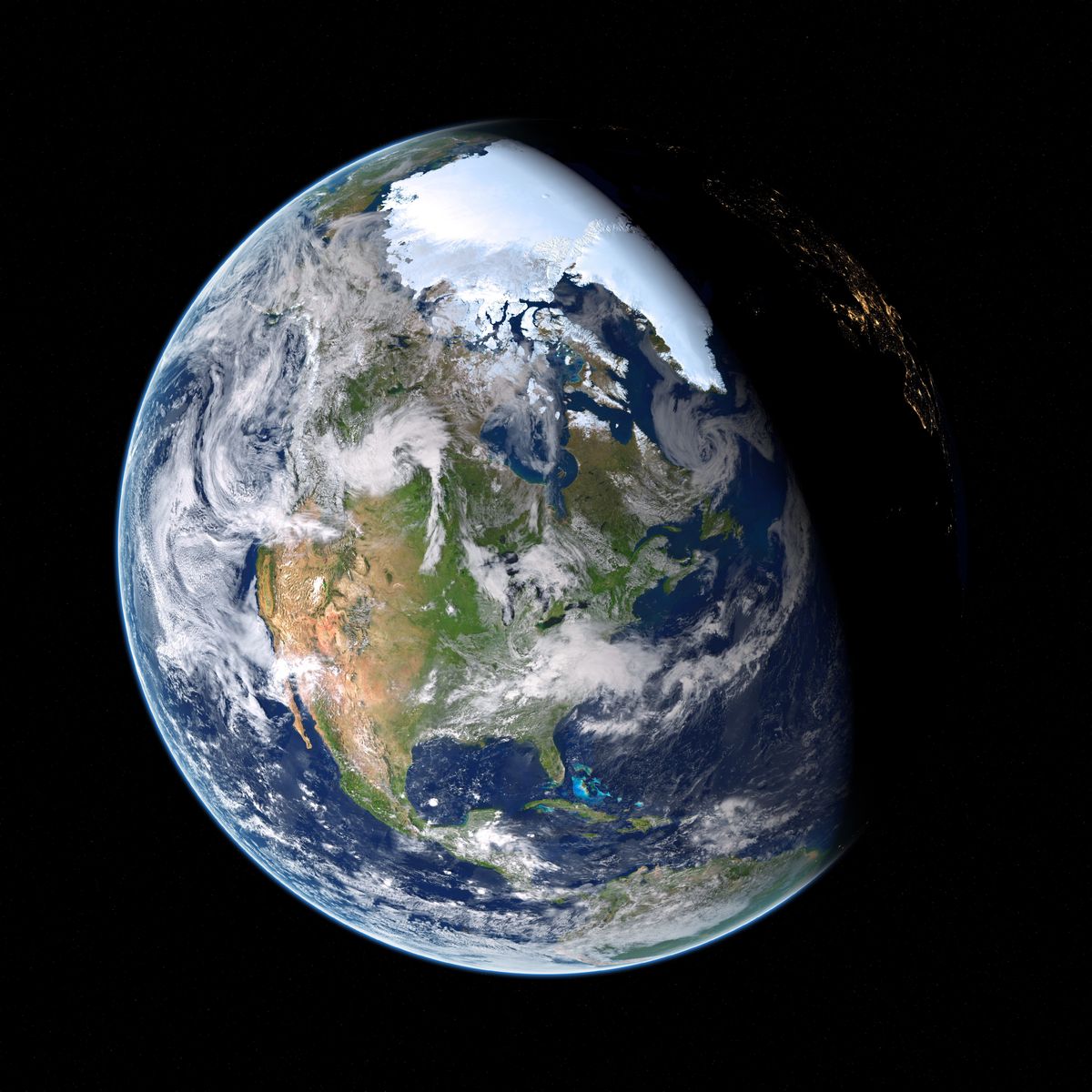Common Humanity
Good news, you're not alone. Any not-so-great set of feelings you’ve ever experienced have been felt before. When you experience these emotions, it’s natural.

Life can be difficult for a myriad of reasons. Depending on the mix of emotions these difficulties create, it can be easy to wonder why you're feeling the way you are. You may experience fear, jealousy, or resentment and wonder: "Why do I feel this way? Am I the only one? Is something wrong with me?"
Experiencing these undesirable emotions combined with asking these types of questions can produce a lonely feeling.
Good news, you're not alone. Any not-so-great set of feelings you’ve ever experienced have been felt before. When you experience these emotions, it’s natural. This is what we call Common Humanity.
In theory we know this is true — obviously we're not the only ones who have ever experienced this feeling or emotion. But in practice it can be hard to separate ourselves from the state of emotion we're in. That's where the dangerous questions I mentioned above can come in:
Am I the only one...? Is something wrong with me...?
You're feeling the way you are because you're human. We're all human. And that's why, collectively, our feelings are of Common Humanity.
As Kristin Neff explains in Self-Compassion:
When we’re in touch with our common humanity, we remember that feelings of inadequacy and disappointment are shared by all. This is what distinguishes self-compassion from self-pity. Whereas self-pity says “poor me,” self-compassion remembers that everyone suffers, and it offers comfort because everyone is human. The pain I feel in difficult times is the same pain you feel in difficult times. The triggers are different, the circumstances are different, the degree of pain is different, but the process is the same. You can’t always get what you want. This is true for everyone, even the Rolling Stones.
So when you experience a vortex of less-than-awesome emotions and you begin to lose sight of Common Humanity, what can you do? Here's what I try to do as often as possible:
1. Take a Deep Breath: We must always utilize our physical body to help control our feelings and emotions.
2. Remind Myself of Common Humanity: What I'm experiencing is not because there's something wrong with me, or that I messed up, it's because I'm human.
3. Check In → Action: I then ask myself what I need in this moment. Having created some space from the vortex of emotion with a breath and a reminder of Common Humanity, I ask myself how I should best proceed. I then take action.
I'd love to be able to offer what the best next action is in every situation, but that will be dependent on the scenario and what works well for you. Figuring that out will take practice.
The most important thing is that we remember the first two steps: to take a breath and then remind ourselves of Common Humanity. Taking these steps is an act of self-compassion. As Neff writes:
Compassion literally means “to suffer with” which implies a basic mutuality in the experience of suffering. The emotion of compassion springs from the recognition that the human experience is imperfect. Why else would we say “It’s only human” to comfort someone who has made a mistake? Self-compassion honors the fact that all human beings are fallible, that wrong choices and feelings of regret are inevitable, no matter how high and mighty one is.
All human beings make mistakes, and yes, we do too. Making a mistake or feeling a certain way isn’t an isolated act, it’s one we all experience, it’s something that brings us together.
For step three there is no perfect action to take in every circumstance, though I’ve found a few go-to’s that work well for me:
- Focus on Others: Typically when I'm experiencing less-than-optimal emotions it's because I'm focusing on myself. I'm focusing on something I'm not happy about, or something I wish was different. When I push my center of focus outwards and towards the betterment of others, I remember what's truly important.
- Gratitude: In every moment there is so much to be grateful for. Even in times of frustration, I find gratitude. When I remember to practice gratitude it's impossible for me to stay in a negative state of mind.
- Movement: Sometimes we need to get our bodies moving. Taking a walk has never been a decision I’ve regretted. Have you?
And if it's late in the day it's oftentimes best to do as we've been told and have told others: sleep on it.
A global pandemic and being quarantined is new to all of us. Never before has something outside of our control so greatly challenged our emotional response.
Let's remember now more than ever: any emotion we experience does not isolate us, it brings us together.